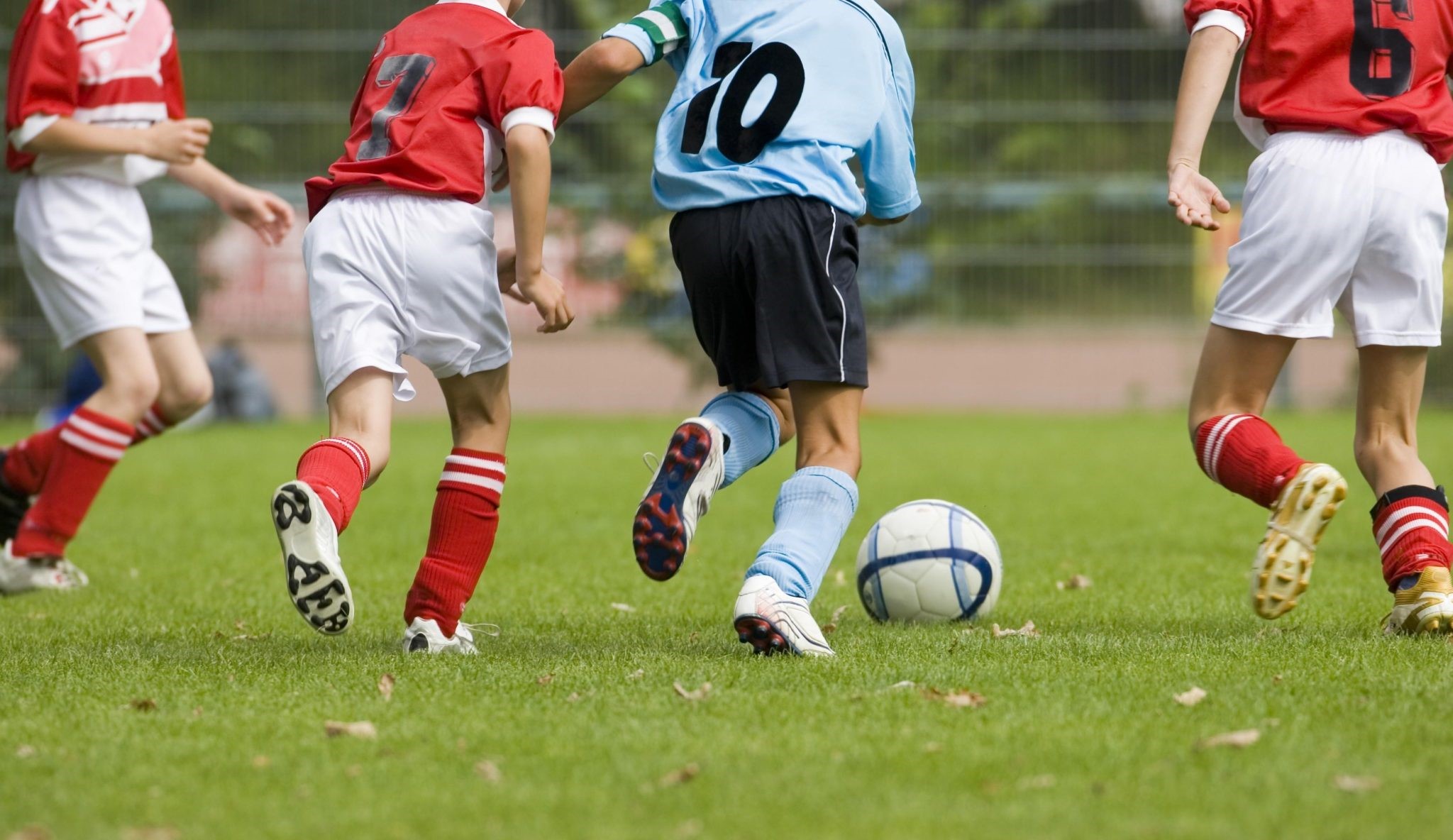
Published 2023-07-27
How to Cite

This work is licensed under a Creative Commons Attribution 4.0 International License.
Abstract
Recently, the Italian legislator has provided that the will of the under-18 athlete should be considered at the time of sport enrolment, requiring his or her assent. The law requires that cannot be only the parents, in the exercise of their prerogatives, who determine the involvement of adolescents into the sport legal system; however, the issue is about the most appropriate instrument (assent or consent?) through which allow them to exercise an autonomous choice. The article investigates possible obstacles to express their consent by minors, which are linked to the regulation of their reduced capacity to act. Through an analysis of International and European sources, with a comparative look at national experiences, the focus is that limited capacity to act cannot be a limitation to the exercise of rights considered fundamental, including the right to sport. The minor’s (in)capacity to act must be read in accordance with constitutional rights: adolescents, although considered vulnerable and deserving of protection, have the right to directly choose to participate in sport activity. The conclusion is that, in spite of the legal dictate, the minor expresses a genuine consent at the time of registration.
